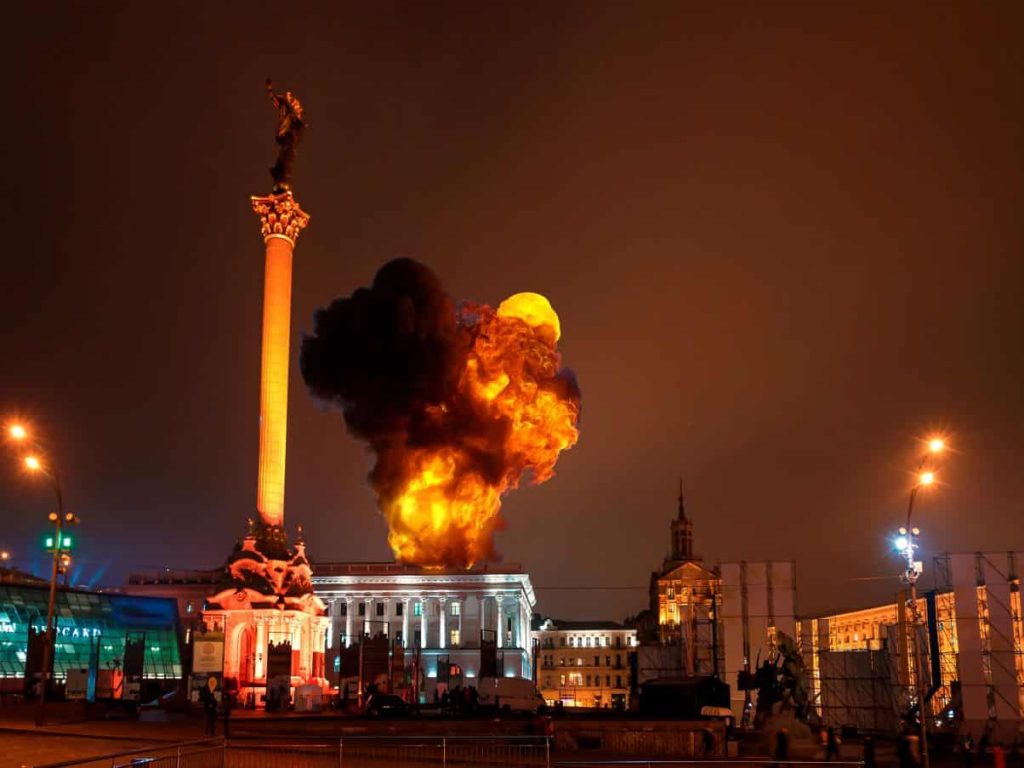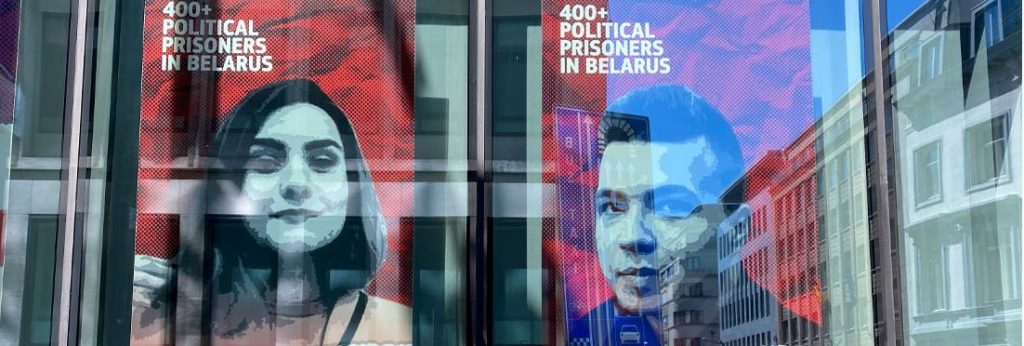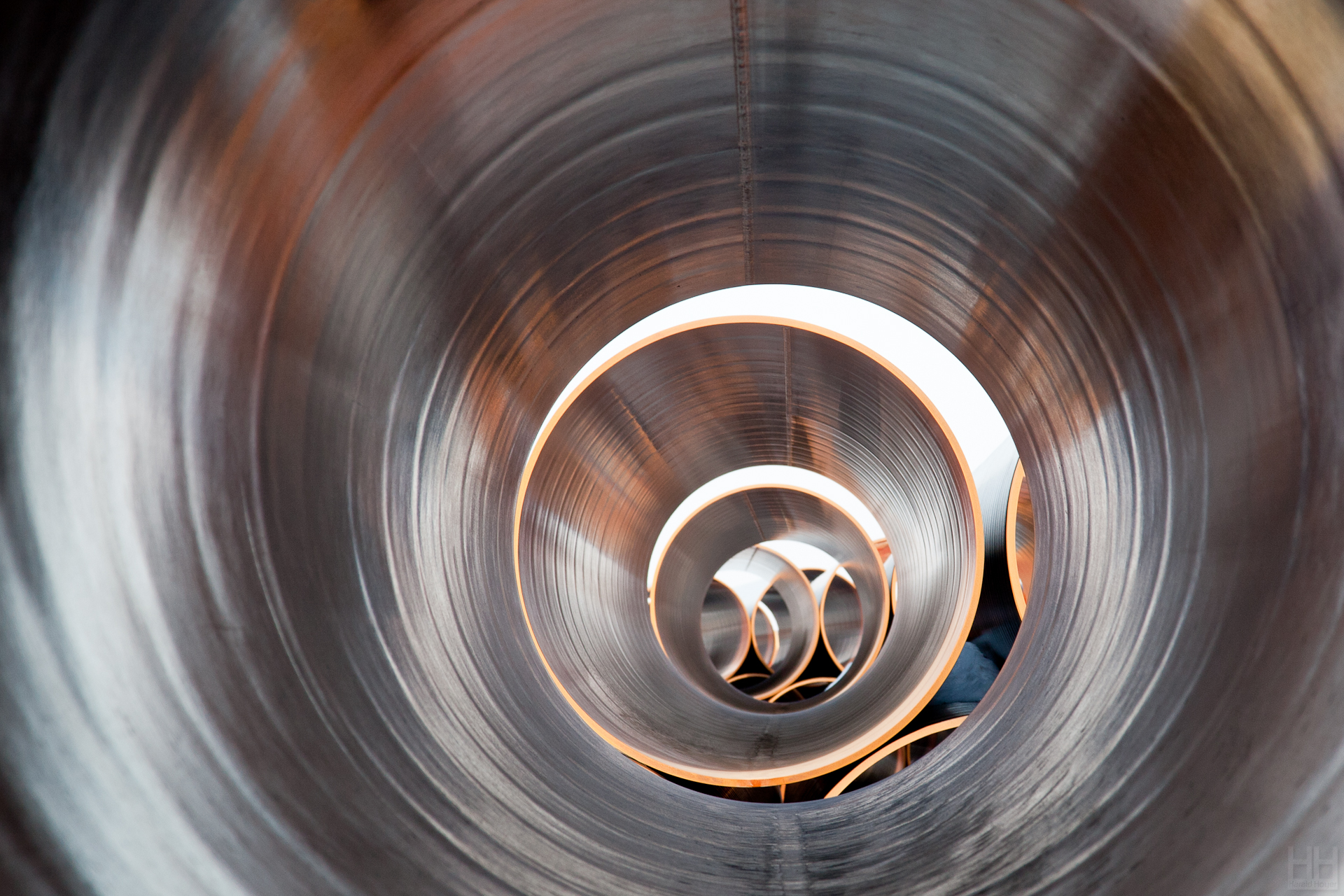It was a moment few will forget. After weeks of escalating tensions, Russian forces finally crossed Ukraine’s borders in the early hours of 24 February.
Days earlier, Russian President Vladimir Putin announced he was recognising the rebel-controlled areas of Donetsk and Luhansk as independent states. Until then, a full-scale invasion had seemed inconceivable. Suddenly, Europe was faced with its largest conflict since the Second World War.
Russia’s incursion and subsequent annexation of Crimea in 2014 was still fresh in everyone’s minds. The threat of further Russian aggression had been building for months as hundreds of thousands of troops lined Ukraine’s borders.
Published on 15-03-22. Read on here.





